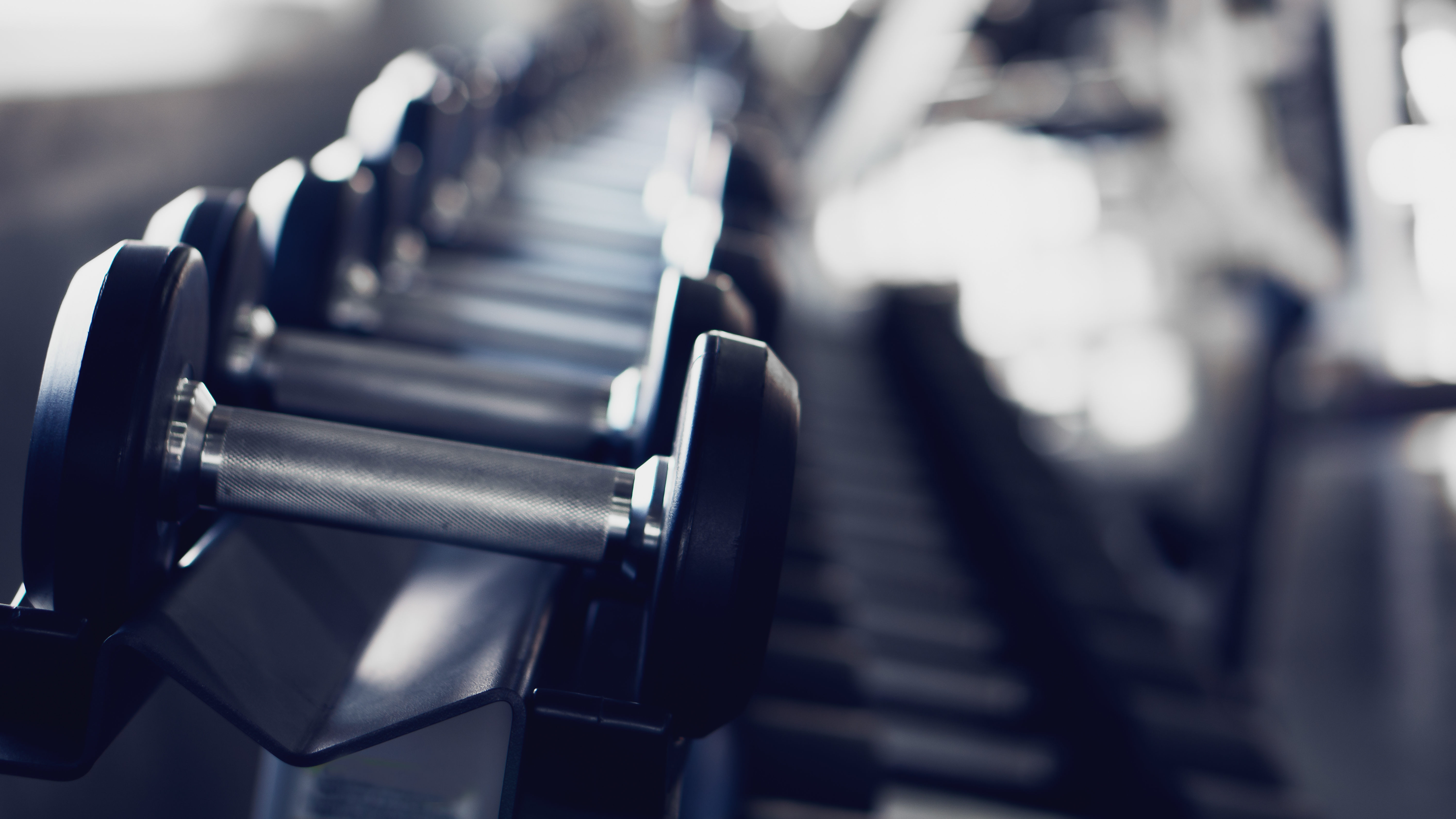This study involved a systematic review and meta-analysis of over 200 studies, and the analysis was conducted by Paolo Cunha, a postdoctoral fellow with a scholarship from FAPESP at the Albert Einstein Jewish-Brazilian Institute of Education and Research (IIEPAE) in São Paulo, Brazil. Who says that the findings show that besides improvements to symptoms of depression and anxiety in the general population, weight training appears to have a more significant effect on those diagnosed with depression or anxiety disorders. Additionally, when done in a group setting, it contributes to social interaction as another important mental health benefit.
“Epidemiological studies have shown that the decrease in muscle strength and mass that occurs naturally as we age may be associated with an increase in mental health problems, given the existence of various physiological mechanisms that bring about functional and structural changes and that are controlled by the brain,” Cunha said.
“How the training is done appears to influence the results achieved. The information obtained so far suggests that older people should ideally do weight training exercises three times a week, with three sets of each exercise and sessions that are not too long – six exercises would seem to be sufficient. Do less, but do it well: a short set produces better results. This is meaningful information, as we lack guidelines with specific recommendations for resistance training that focuses on mental health parameters,” Cunha said.
Regardless of the intensity and volume of the exercise involved, the resistance training programs improved the health, autonomy, and quality of life of older people, directly or indirectly resulting in improvements to symptoms of anxiety and depression, explained Edilson Cyrino, last author of the article and principal investigator for the study. He is a professor at the State University of Londrina (UEL) and coordinates the Active Aging Longitudinal Study, a project begun in 2012 to analyze the impact of resistance training on parameters relating to the health of older women.
While the study highlighted some of the best ways to prescribe resistance training programs, the researchers noted that the use of training machines and free weights appeared to be more beneficial for mental health than exercises that involved the use of elastic bands or calisthenics (exercises that rely on body weight).
“We don’t have statistics comparing the two kinds of training, but the analysis showed that resistance training with weights and other gear is more effective in terms of improving the mental health of older people, largely because the intensity and volume of the exercises can be more precisely controlled,” Cunha explained.
“Generally speaking, most studies have involved a small number of volunteers, which hinders an understanding of how the phenomenon occurs and the main mechanisms that explain it. This research field has expanded in recent years and has ample room for more advances,” Cunha said.
As with anything you read on the internet, this article should not be construed as medical advice; please talk to your doctor or primary care provider before changing your wellness routine. This article is not intended to provide a medical diagnosis, recommendation, treatment, or endorsement. These statements have not been evaluated by the Food and Drug Administration.
Content may be edited for style and length.
References/Sources/Materials provided by:
https://www.sciencedirect.com/science/article/abs/pii/S0165178124000337?via%3Dihub




